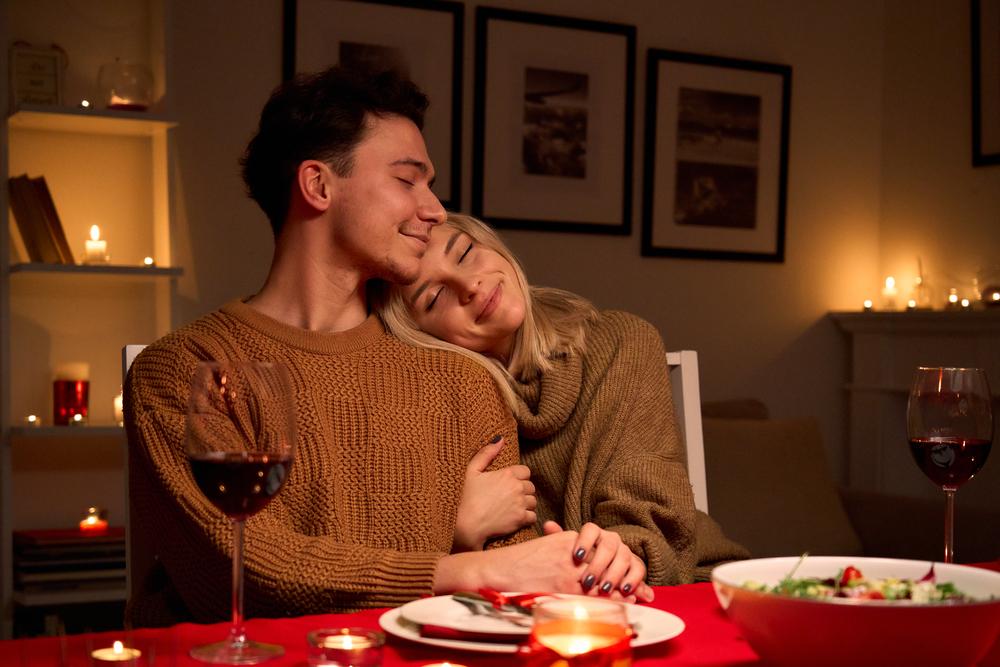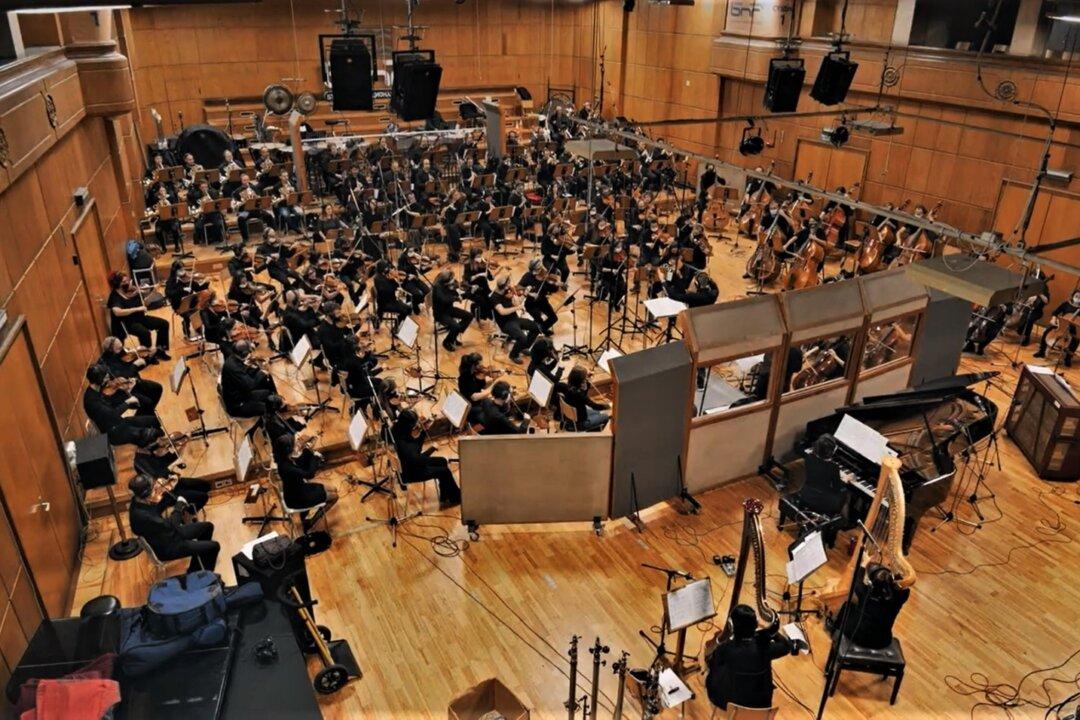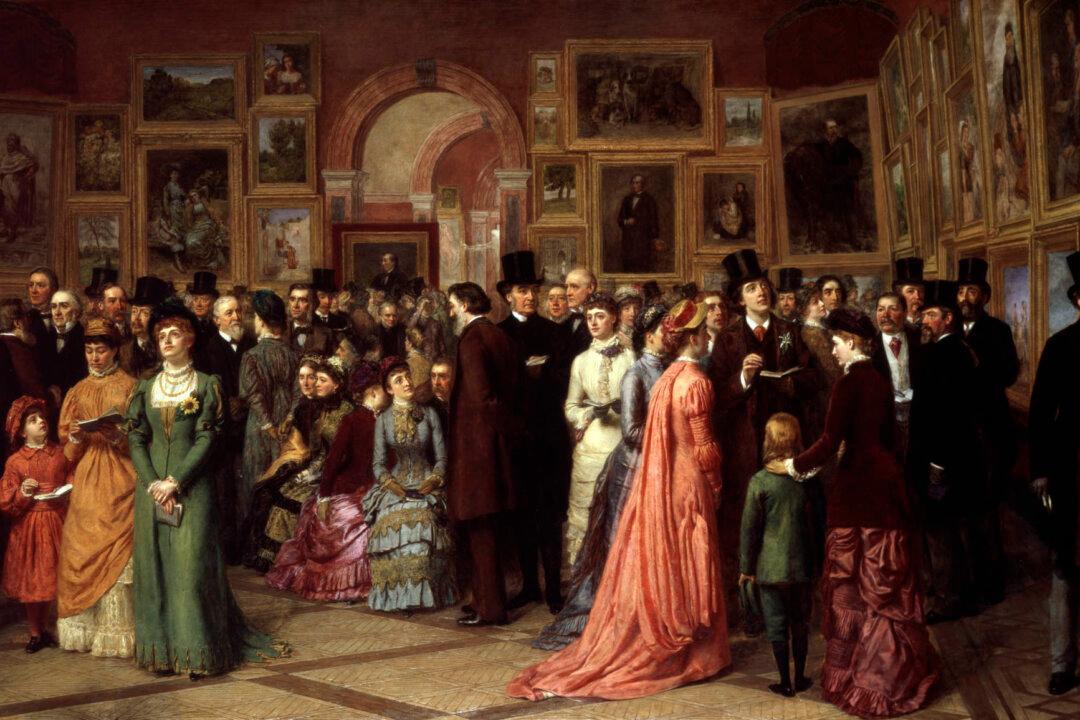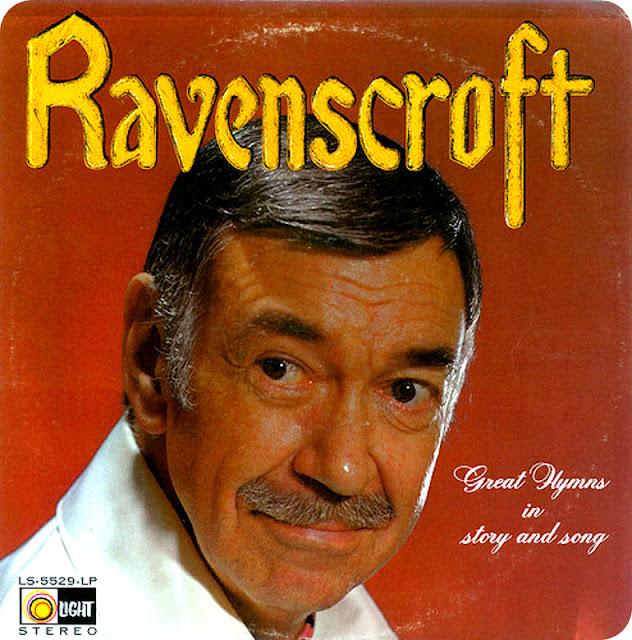Some years ago, my wife and I decided to forego the over-crowded restaurants and parking lots on Valentine’s Day, light a few candles of our own, and enjoy a romantic dinner at home. With this year’s health concerns and, in some cases, more limited restaurant seating to compete for, it may be just the year for you to try a candlelit Valentine supper of your own. We’ve had great fun trying out some special recipes, like duck breasts in port wine sauce or lobster ravioli in sage butter.
Of course, one must also be brave and try one’s fledgling skills at wine pairing, and also at music pairing. Wait—music pairing? Can music be “paired” with food? After 30 years as a music professor, I’m going to claim that it can be. After all, if wine can have “notes,” why can’t music have flavors? So, if music be the food of love, play on.






